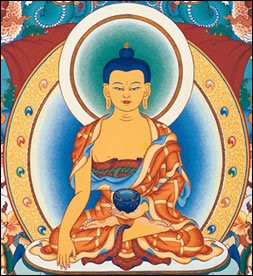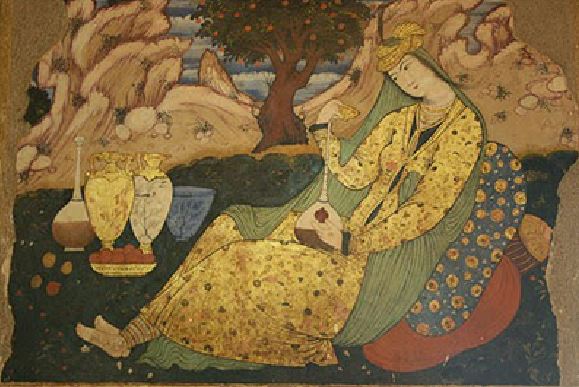Say Yes to Change
One of the most pervasive fears is the fear of change, yet often it is not the change itself that we fear, but the fear that we will have to adapt our rigid sense of self to a new set of circumstances. We lock into an identity that defines us – married or single, rich or poor, young or old − and we view with suspicion any change that threatens that identity. Change can also make us feel out of control, helpless, and at the mercy of chaos.
Although we can’t stop the cycles of change from turning, we can learn to see change as friend rather than foe. One way of doing that is practicing seeing the possibilities in whatever happens, even if the situation seems dire. It means a willingness to take a deep look into whatever arises, even a sense of disappointment or loss. As the Sufi poet Rumi describes with heart-opening clarity, “Every need brings in what’s needed. Pain bears its cure like a child.”
If you don’t get what you expected, look at what happened and ask yourself, Where is the gift in what I’ve received? How can I transform this situation into an opportunity to learn? In this approach, change is accepted, not denied. A sense of spaciousness enters in.
On a profound level, every event in life has two possible causes. Either what happens is positive, or it is bringing up something you need to learn in order to create something positive.
Even when we succumb to the idea that life is unfairly arbitrary, the underlying principles of consciousness hold true. Change can be seen as the self-correcting mechanism that aligns us with our purpose in life. If we can bring ourselves − a leap of courage − to embrace change as our true teacher, our life hugely expands. We don’t try so hard to hold on to what we have, but learn daily to let go of the subtle attachments that creep into our minds. We find our own rhythm in the cycle of change: the expansion and the contraction, the light and the dark. Accepting change is the antidote to suffering. In order to find peace, we need to allow things to be in a constant state of flux.











